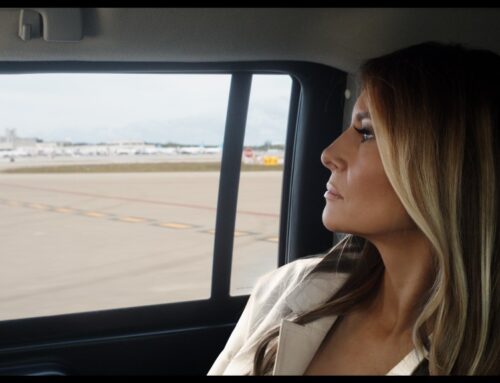Modi, Starmer hail UK-India trade deal as new investment revealed
October 9, 2025
British Prime Minister Keir Starmer and his Indian counterpart Narendra Modi have hailed their countries’ recent trade deal as transformative, saying the partnership has already begun to bear fruit.
The United Kingdom and India signed a trade agreement in July aimed at reducing tariffs on goods from textiles to whisky, cars and spices and allowing more market access for businesses. The stated goal is to boost trade by a further 25.5 billion pounds ($34bn) by 2040.
- list 1 of 2Starmer leads 125-strong delegation to India in bid to ‘turbocharge’ trade
- list 2 of 2UK and India Weigh Trade Gains Against Migration Politics
end of list
Starmer met Modi on Thursday in Mumbai, where the British prime minister and more than 100 leaders from the UK’s business, culture and university sectors were wrapping up a two-day trade mission to India.
“In the three months since we actually signed that (trade deal) … we’ve seen a 6-billion-pound boost in trade and investment, that’s on top of the increased numbers over the last year already,” Starmer told business leaders from both countries at the India-UK CEO Forum in Mumbai.
Both countries are seeking to realign their trading relationships in the wake of tariffs imposed by United States President Donald Trump’s administration.
In August, the US slapped 50 percent tariffs on goods from India in response to New Delhi’s trade with Russia, specifically its imports of Russian oil, while the UK, which secured a trade deal with Washington in May, has also been hit with tariffs, albeit at much lower rates.
Modi told the forum on Thursday that he was confident the two countries would double their trade from the current $56bn before their target to do so.
Advertisement
Starmer’s visit “reflects the new energy and broad vision” in the partnership, Modi said after talks with the British prime minister.
“India’s dynamism and the UK’s expertise together create a unique synergy,” Modi said, speaking in Hindi.
Starmer said the focus of his visit was doubling down on the potential of the trade deal, expected to take effect within a year.
“This is just the start,” Starmer later told a fintech conference. “It’s time to invest in the United Kingdom, invest in this relationship and invest in our shared future.”
A statement by the Indian Ministry of External Affairs said the two sides agreed to set up a connectivity and innovation centre and a joint centre for AI, and unveiled a critical minerals industry guild to bolster supply chains and promote green technologies.
Earlier, Starmer’s office said 64 Indian companies would collectively invest 1.3bn pounds ($1.73bn) in the UK, without elaborating.
Despite the cordiality on display in Mumbai, the two countries are not aligned on some key issues, including the Russia-Ukraine war.
After Modi wished Russian President Vladimir Putin a happy birthday on Tuesday, Starmer joked to reporters that he would not be doing the same, given Britain’s strong backing for Ukraine and condemnation of Russia over its invasion.
Asked if he raised with Modi concerns about India buying Russian oil, Starmer said they did discuss it and looked particularly at ways to end the Russia-Ukraine war, which he said was “the outcome that we both want”.
The UK says it respects India’s strategic independence and can work with countries even if their views may differ on certain issues.
In an early indication of that strategy and a bid for closer defence ties, the UK said it had signed a 350 million pound ($465m) contract to supply the Indian army with lightweight multi-role missiles built in Northern Ireland, and the next phase of a deal, worth an initial 250 million pounds ($332m), includes collaboration on electric-powered engines for naval ships.

For decades, India has been dependent on Moscow for much of its military hardware. And Western sanctions levied against Russia since its invasion of Ukraine have pushed the country into a deeper trading partnership with India.
In August, India hit back at the US and European Union over sanctions, tariffs and threats it faced from them due to its purchase of Russian oil amid the war on Ukraine.
“Like any major economy, India will take all necessary measures to safeguard its national interests and economic security,” External Affairs Ministry spokesperson Randhir Jaiswal said at the time.
Advertisement
But Jaiswal also directly pushed back against suggestions from the US and EU that India – in buying large volumes of Russian crude – had acted in a way that broke with the West’s own behaviour.
“In fact, India began importing from Russia because traditional supplies were diverted to Europe after the outbreak of the conflict,” Jaiswal said, referring to Russia’s full-fledged invasion of Ukraine in February 2022.
“The United States at that time actively encouraged such imports by India for strengthening global energy markets’ stability,” he added.
Search
RECENT PRESS RELEASES
Related Post



